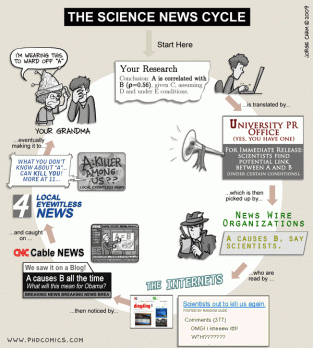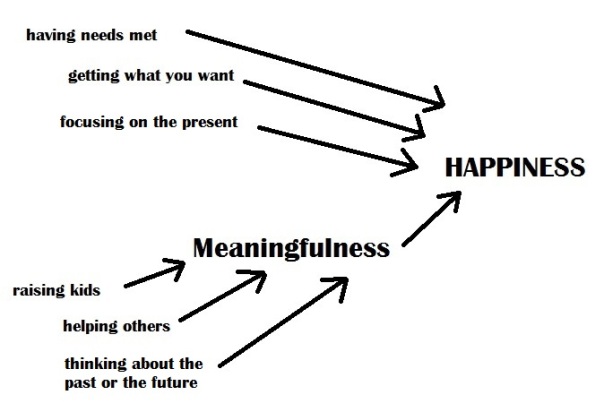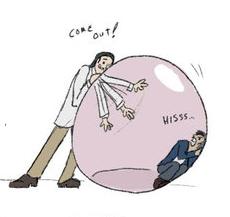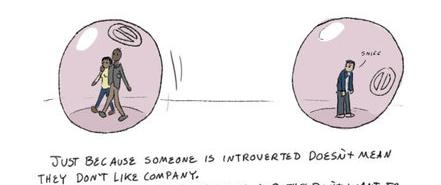An article in The Atlantic called “There’s More to Life than Being Happy” has been making the rounds among my Facebook friends. It discusses a recent study, soon to be published in the Journal of Positive Psychology, that seeks to distinguish a meaningful life from a simply happy one. Framing this discussion is the story of Viktor Frankl, the psychiatrist and Holocaust survivor who developed an approach to psychotherapy that focuses on finding meaning in one’s life.
Though the article contains a lot of ideas that resonate with me, I didn’t re-post it on Facebook because something about it was bothering me. The article describes the differences between happiness and meaningfulness in a way that suggests the two concepts are not just distinct, but opposed. “The researchers found that a meaningful life and happy life overlap in certain ways, but are ultimately very different,” the article reports. “Leading a happy life, the psychologists found, is associated with being a ‘taker’ while leading a meaningful life corresponds with being a ‘giver.'”
This struck me as a bit simplistic and more than a bit judgmental. I suspected that the researchers had treated the concepts of “happiness” and “meaningfulness” with more nuance than the Atlantic article, and I was right.

“Piled Higher and Deeper” by Jorge Cham, http://www.phdcomics.com. The Atlantic article is actually pretty good compared to a lot of science reporting. Click to see full-size comic.
In their write-up of the study, the researchers state that happiness and meaningfulness “overlap substantially” (emphasis mine). They remind the reader multiple times that although they focus on the differences between happiness and meaningfulness, the two are closely related. People who report more meaningfulness generally also report more happiness, and vice versa. This is not the impression one gets from reading the Atlantic article.
Happiness and meaningfulness are different things, however. To tease them apart, the researchers controlled for meaningfulness when looking at happiness, and they controlled for happiness when looking at meaningfulness. If you take meaningfulness out of the equation, what is associated with greater happiness? And if you take happiness out of the equation, what is associated with more meaningfulness?
Don’t take the above diagram too seriously; it doesn’t precisely reflect the study (which was correlational, meaning we can’t conclude that any of those things cause happiness, only that they tend to go together), but it helps to illustrate a point. Suppose we ask: is helping others associated with happiness? According to the Atlantic article, people who help others report having more meaningful lives, but “happiness is all about giving the self what it wants.” The article quotes the researchers as saying, “If anything, pure happiness is linked to not helping others in need.” What the article doesn’t fully articulate is that when the researchers say “pure happiness,” what they mean is happiness in the absence of meaning. In the diagram above, “helping others” is linked to happiness, but only through meaning. If you control for meaning — that is, if you remove it as a factor — some paths to happiness are blocked, and the paths that remain open are the “selfish” ones.
But don’t take my word for it. Here’s what the researchers wrote (p. 10, emphasis mine):
More helping was strongly related to meaningfulness, but it had a nonsignificant trend in the opposite direction with happiness (as if helping others detracted from happiness). To be sure, in the simple (uncorrected) analyses, meaningfulness and happiness were both positively correlated with saying that one generally tries to help the needy, meaningfulness: r(390) = .24, p < .001; happiness: r(390) = .11, p < .05. But most of that appears to be due to the impact of meaningfulness. That is, helping others increases meaning, and that benefit carries over to increase happiness too — but with the increase in meaning controlled for, helping others has if anything a negative impact on happiness.
In line with conventional wisdom (and my own experience), giving to others increases meaningfulness, which in turn is associated with greater happiness. Happiness in general is not about being a “taker” (although getting things you want will also contribute to happiness).
To be sure, meaningful activities are not guaranteed to make us happy. The study offers a composite sketch of what a meaningful but unhappy life would look like. It would be “seriously involved in difficult undertakings” and “marked by ample worry, stress, argument, and anxiety.” It would involve “deep thinking,” reflecting on past challenges, and planning for future ones. The religious missionary and the political activist live highly meaningful lives, the authors write, but they may not be happy. (I would like to point out that while this is possible, it is also quite possible that they are very happy and fulfilled.) Such people may nevertheless make important contributions to society.
I’m learning about the meaningful but unhappy life in a class called “Trauma in Clinical Practice.” We’ve been reading about an experience that is variously known as “secondary traumatization,” “trauma exposure response,” and “compassion fatigue”: the exhaustion, or bitterness, or helplessness, that comes from doing very meaningful but very difficult work in the helping professions. It is not something to aspire to, nor is it a sign of being weak or ill-suited to one’s work. And while the researchers and the Atlantic author may find this life admirable, it is not sustainable; it hurts the helper’s work in addition to making him or her unhappy. People in this predicament may have to focus on happiness for a while if they want to continue their meaningful work.






